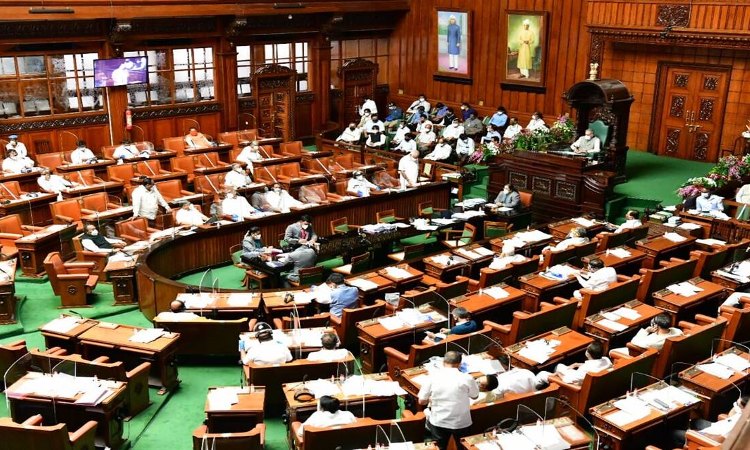The Karnataka Legislative Assembly on Thursday passed the Karnataka Protection of Right To Freedom Of Religion Bill, 2021, which seeks to impose restrictions on religious conversions and inter-faith marriages. The bill was passed in a voice vote amid strong opposition from Congress and JD(S). The ruling BJP government had introduced the bill on Tuesday. What...

